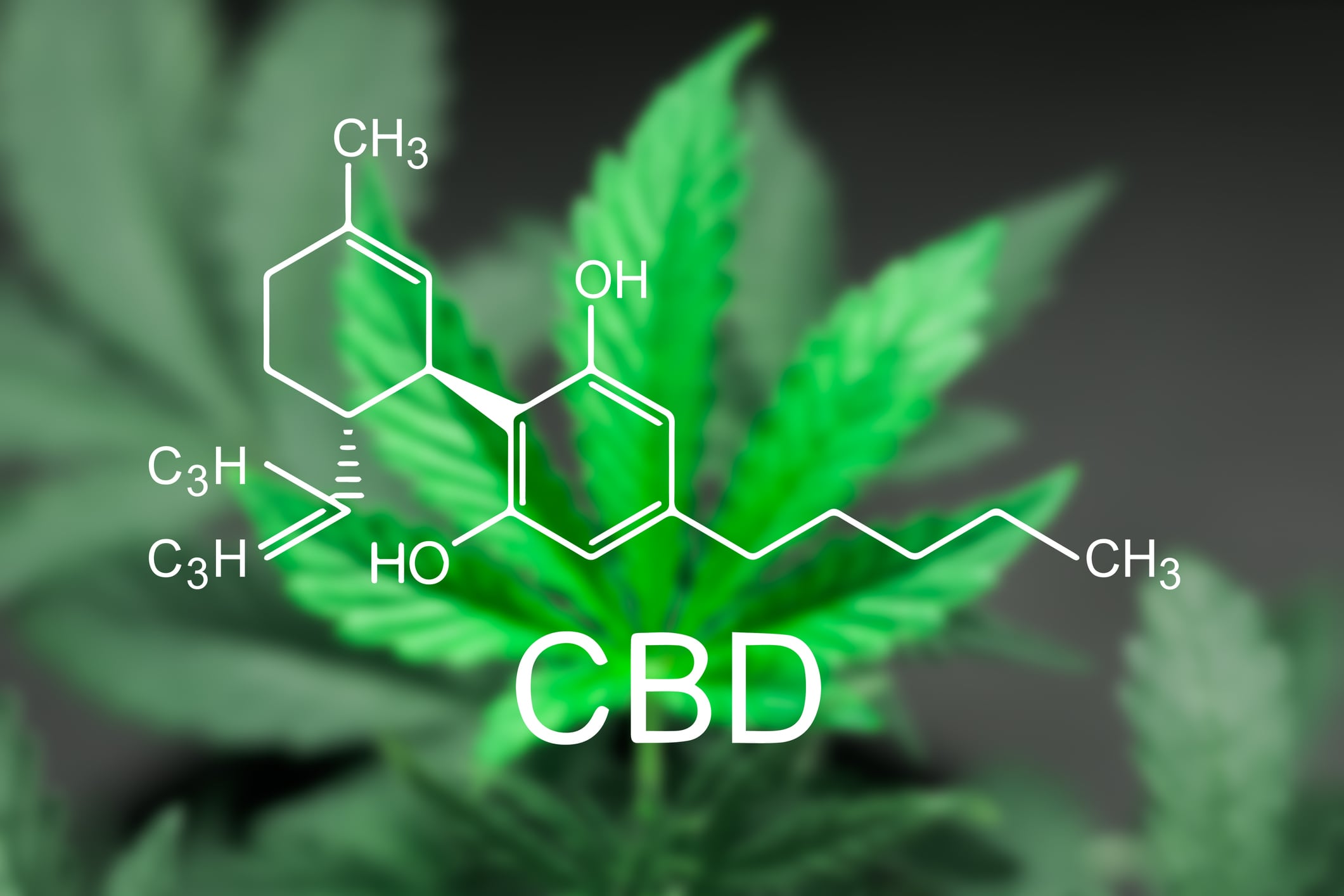In 2018, the global industrial hemp market pulled in US$3.7bn with growth forecast at a CAGR of 18.3% until 2027, according to a global market study from Persistence Market Research. Latin America's industrial hemp market was valued at US$515.3m in 2018 and set to grow at a “healthy CAGR” of 12.6%, the research firm said. By 2027, Latin America's industrial hemp market would hold an estimated net worth of US$1.3bn.
Persistence Market Research said that whilst most significant volume growth was expected from hemp CBD (cannabidiol), the strong nutritional profile of the plant would also secure growth for use in food and beverages. Food and beverages currently represented around 19% of worldwide industrial hemp revenues and nutraceuticals just 5-6%.
PUFAs, protein and fiber
Pratik Gurnani, research consultant at Persistence Market Research, said for global markets, including Latin America, hemp seeds and their oil held strong growth potential in health and wellness sectors.
“Hemp seeds and seed oil is one of the best healthy foods available. Hemp seed oil contains about 80% PUFA [polyunsaturated fatty acid], with ideal ratios of omega-6 and omega-3 fatty acids making hemp ideal for cardiovascular and inflammatory disease issues,” Gurnani told NutraIngredients-LATAM.
The low glycemic index of hemp seeds also made them suitable for diabetics, he said, and the high protein and dietary fiber content suitable for vegetarians and vegans.
“Hemp seeds contain about 25% high quality protein, as well as vitamin E and several minerals, making it a perfect choice for vegan and vegetarians.”
However, Gurnani said manufacturers looking to incorporate hemp into products would continue to face challenges.
Regulatory status

“The link between marijuana and industrial hemp has led to various misconceptions about industrial hemp. Thus, there are severe restrictions in several countries on consumption, distribution, processing, as well as cultivation of industrial hemp across the globe,” he said.
Whilst use of medical cannabis in CBD oil form was widely legalized across Latin America, use of industrial hemp in food products was legal in only some markets, he said, including Argentina, Brazil and Colombia, among others. Incorporation into food, he said, remained illegal in the likes of Mexico and Peru.
The regulatory status of hemp in foods could therefore limit growth potential to a certain extent, he said, and future success would rely on regulatory scenarios in each market.
Despite this, he said use of hemp in Latin America's wellness and medicinal sectors would continue to grow, owing to developing economies and a thriving food industry. “Growing consumer consciousness for health food is driving the attention of food and nutrition product manufacturers towards industrial hemp,” he said.

